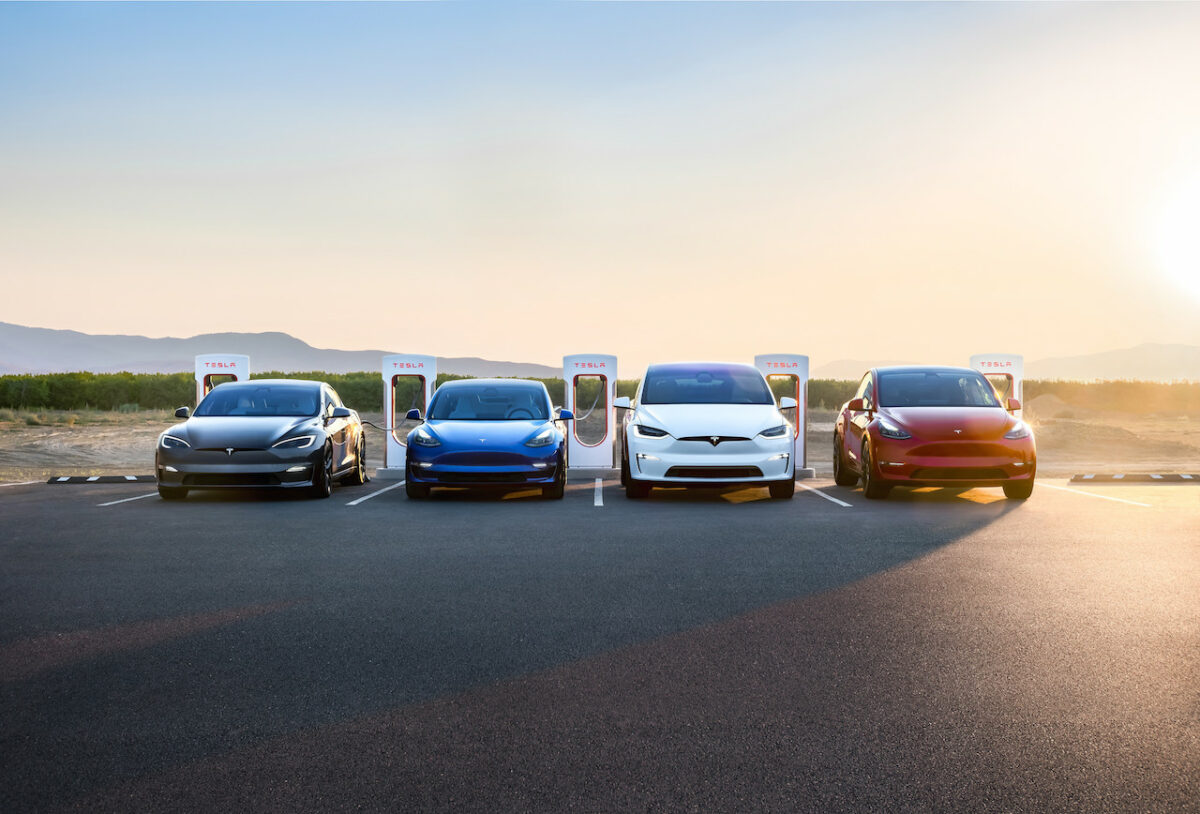Before 2020 many European cities had already committed to making the design of their urban centres more pedestrian-friendly by removing roads and reducing traffic flow. Now, in the wake of the global coronavirus outbreak and the widespread disruption it has caused, people have become increasingly reluctant to use public transport. This has accelerated a trend that was already emerging pre-COVID-19: micro-mobility.
Ostensibly a movement that sees individuals forgoing traditional modes of public transport (buses, trams and metropolitan trains) in favour of personal, lightweight electric vehicles (PLEVs) operating at speeds typically below 15 mph, micro-mobility provides a more flexible and environmentally friendly way for travellers to get around town. And while e-bikes and e-scooters have been gently zooming up and down the roads of numerous European cities over the past couple of years, their adoption in Britain has been held back by legislation and regulatory issues. To this day, the UK remains one of the few countries in Europe where the use of privately-owned PLEVs on public roads remains illegal, and the only areas where they are not banned from circulation is on private land.
In the wake of the global coronavirus outbreak and the widespread disruption it has caused, people have become increasingly reluctant to use public transport
However, there is a caveat. With the government facing pressure to provide commuters with an alternative to crowded, contact-intensive public options during the pandemic, it has now become legal to ride rental e-scooters in a number of cities across the UK since 4 July 2020. As a result, trials for e-scooter rental schemes are currently underway in Middlesbrough, Liverpool and Milton Keynes, with more schemes to follow in areas such as Salford, Bristol, Bath and South Gloucestershire.
Britain’s emerging micro-mobility rental market presents a host of new opportunities not just for e-scooter rental companies such as Tier, Bird, Lime, and Voi but also for the connectivity providers with which these brands can partner. In fact, IoT is the key to creating a controlled and flexible mobility ecosystem in which e-scooters can thrive.
Not only does this technology tackle the key issues of safety, security and compliance, it will also prove crucial in extracting data that will provide useful insights for efficient future urban planning
For starters, PLEVs use a SIM card for cellular connectivity, as they rely on this technology to deliver a number of smart safety and orientation features. These include geofencing technology (for security and theft protection) and a GPS tracking system to help control travel speeds or prompt riders to get back onto a preapproved route if it detects the e-scooter is straying from its path, while also notifying where the closest docking stations are located.
However, in order for these features to be delivered, it is critical to have a resilient and secure connectivity solution in place, as this will provide and maintain an acceptable level of service in the face of unexpected faults and challenges to normal operation. With many e-scooter rental companies deploying across different cities and countries, the need for a single management window and bill across all deployments is essential.
If micro-mobility truly is the future of urban commuting, then IoT will prove integral in helping to power and manage e-scooter fleets. Not only does this technology tackle the key issues of safety, security and compliance, it will also prove crucial in extracting data that will provide useful insights for efficient future urban planning.
The opinions expressed here are those of the author and do not necessarily reflect the positions of Automotive World Ltd.
Justin Godfrey-Cass is Head of Transport Solutions at Wireless Logic
The Automotive World Comment column is open to automotive industry decision makers and influencers. If you would like to contribute a Comment article, please contact editorial@automotiveworld.com



